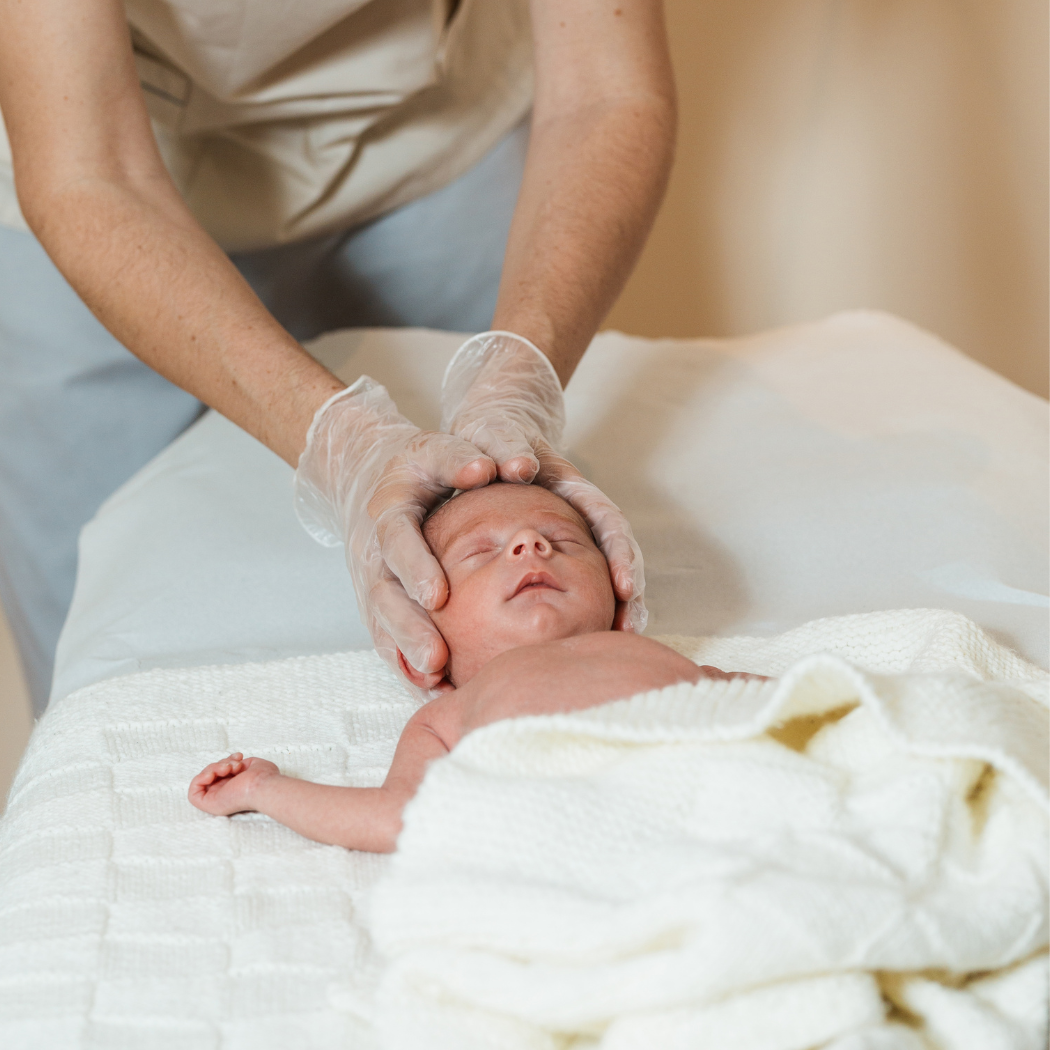

After giving birth, you may be curious about when you can safely resume sexual activity (or you may not be interested at all, which is also more than fine!). The answer to this question can vary depending on several factors, including your physical and emotional recovery, the type of birth you had, and the type of contraceptives being used (if any). Here we explore the factors that can impact the timing of when you re-engage in sexual activity post-birth and provide guidance on how to determine when it is safe to do so.
Physical Recovery: One of the most important factors affecting postpartum sexual activity is your physical recovery. Vaginal birth can cause trauma to the perineum and vaginal tissues, and caesarean birth involves a surgical incision in the abdomen. These physical changes can cause pain, discomfort, and fatigue, which may affect your desire and ability to engage in sexual activity. It will be different for everyone so it’s important to tune into your own physical wellbeing here.
Hormonal Changes: Pregnancy and childbirth can cause significant hormonal changes in the body. After giving birth, the body undergoes a process called involution, during which the uterus returns to its pre-pregnancy size. This process can cause cramping and discomfort, as well as vaginal discharge and bleeding. These changes can also affect hormone levels and sexual desire, making it more challenging for some to even think about or engage in sexual activity.
Breastfeeding: For those who are breastfeeding, the production of the hormone prolactin can reduce sexual desire and cause vaginal dryness. Breastfeeding can also cause physical discomfort and soreness, which may make sexual activity more challenging.
Contraceptives: The type of contraceptives (birth control) being used can also impact the timing of postpartum sexual activity. Some methods such as condoms or diaphragms, can be used immediately after giving birth. Other methods, such as hormonal contraceptives, may need to be delayed until you have fully recovered and resumed regular menstrual cycles.
Fatigue: Just feeling permanently tired and maybe exhausted can make it feel like sex is a long, long way down your priority list.
The timing of postpartum sexual activity can vary depending on individual factors, and there is no one-size-fits-all answer. However, many healthcare providers recommend waiting at least six weeks after vaginal birth and eight weeks after caesarean birth before resuming sexual activity. This timeframe allows the body to heal and reduces the risk of infection and possible complications.
It is essential to have an open conversation with your healthcare provider about this area if you are not sure. They can evaluate your physical recovery, discuss any concerns or complications, and provide guidance on the use of contraceptives if you would like it.
Postpartum sexual activity can be a sensitive and personal topic, and it is normal to have questions or concerns. However, it is crucial to prioritise your physical and emotional recovery and to have an open conversation with your partner if you have one, and healthcare provider about your own personal circumstances and concerns if you have any. You should never feel pressured into doing anything you do not want to do/feel ready to do, but if you are physically and emotionally recovered from birth and feel ready, it can of course make you feel really good too!
References:

It's never been more important to use evidence-based information to make decisions and feel supported in what you feel is best for yourself and baby.

A gentle and effective approach to supporting your baby's wellbeing.

Pregnancy and parenthood bring big changes, and without the right support, they can lead to increased stress, time away from work, and employees feeling they have no choice but to leave.